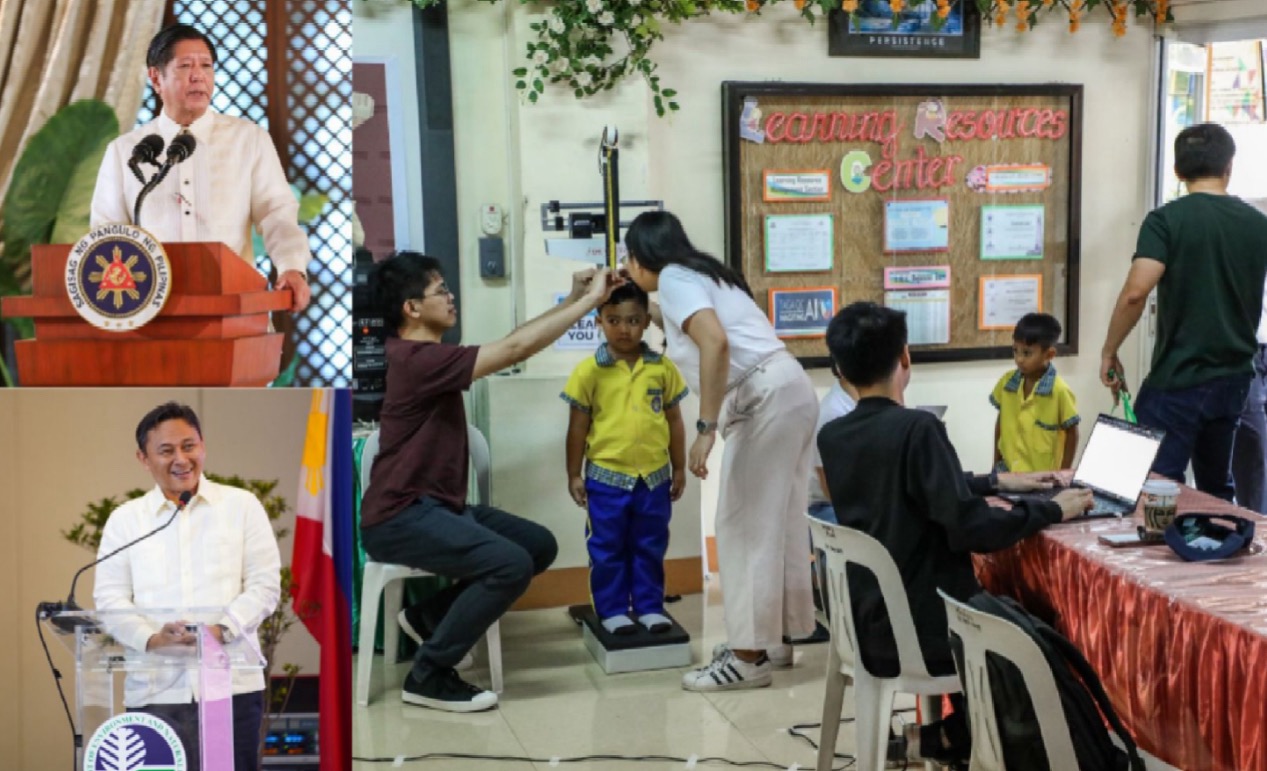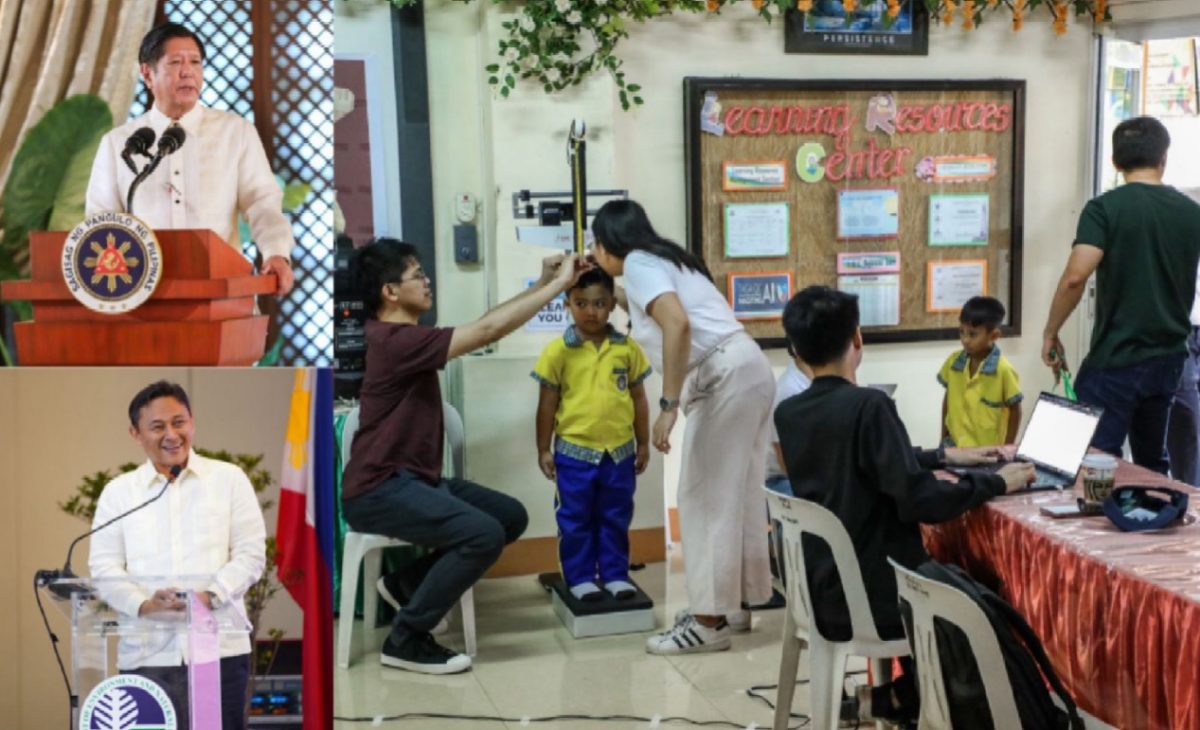DepEd pushes groundbreaking initiatives to ensure inclusive education for learners with disabilities

SHARE
As part of President Ferdinand R. Marcos Jr.’s call for a more inclusive education in the Philippines, the Department of Education (DepEd) is ramping up efforts to support learners with disabilities across the country. The initiative aims to empower and support learners with special needs and disabilities, ensuring they have equal access to education, resources, and opportunities they need to thrive.
Education Secretary Sonny Angara emphasized DepEd’s commitment to inclusive education and digital innovation in a recent meeting of the Inter-Agency Coordinating Council for Learners with Disabilities.

“The Department is fully committed to harnessing technology not only for instruction but also for decision-making, resource planning, and inclusive service delivery,” Angara said.
The Council is composed of representatives from DepEd, DOH, DSWD, DPWH, DILG, DOF, NCDA, DOLE, TESDA, ECCD, CHED, and PRC.
A key focus of DepEd is the conversion of SPED Centers into Inclusive Learning Resource Centers (ILRCs), with a goal of expanding access to special educational resources in every municipality and city. Plans are underway to establish virtual and satellite ILRCs and institutionalize multi-disciplinary teams backed by sustained funding to ensure enhanced service delivery.
DepEd is also enhancing the Alternative Delivery Modes (ADM) and the Alternative Learning System (ALS) for learners with disabilities, focusing on capacity-building, policy-monitoring, and integrating assistive technology and AI in classrooms to provide personalized learning experiences for learners with disabilities.
Moreover, DepEd is collaborating with government agencies, academic institutions, and the private sector to enhance Special Needs Education (SNEd) training for educators and expand access to learning materials.
AI tool for Early Disability Identification
DepEd-Education Center for AI Research (ECAIR) is developing the Screening using AI-Based Assistance for Young children (SABAY) Project to modernize the identification of learners at risk of disabilities and strengthen the inter-agency’s efforts for the Child Find System, as mandated in Republic Act No. 11650.
The initiative enables timely interventions and referrals while reducing screening time and lessening the workload of teachers.
“Through the SABAY Project, we affirm our mission that every Filipino child—regardless of ability—deserves timely support and access to quality education. We are making sure that learners with disabilities are no longer left behind,” Sec. Angara said.
ECAIR Managing Director Erika Legara explained that the project is in its early stages, with ongoing collaboration with DepEd’s Bureau of Learning Delivery – Student Inclusion Division (BLD-SID), education experts, health professionals, and special education practitioners.
“We’re designing ways to automate parts of the screening process to help make school-level decision-making more efficient,” said Dr. Legara. “The focus is on producing outputs that are interpretable and useful in real-world settings—especially where they inform how support should be extended to learners.”
ECAIR, in collaboration with BLD-SID, SNEd specialists, and healthcare practitioners, is finalizing the architecture and design of the AI system for the SABAY project. Pilot data collection and development are set to begin in selected schools across Metro Manila, with plans to expand the initiative to other regions in the Philippines.
*All Photos from DepEd
RELATED ARTICLES

Smartwatch-Level Performance for Real-World Movement: The HUAWEI Band 11 Series Elevates the Band Experience for as Low as PHP 2,399

Mark Wahlberg and Jonathan Roumie on Faith That Calls for Sacrifice

HUAWEI Mate 80 Pro and WATCH GT Runner 2 Coming to the Philippines in April









